Community immunity
Individual immunity is when your immune system is built-up to fight a specific disease (like COVID-19). The vaccine gives you more protection.
Community immunity is when enough people are vaccinated so they indirectly shield and protect others. It is helpful to get as many people vaccinated as possible so that direct and indirect protection can be as stronger.
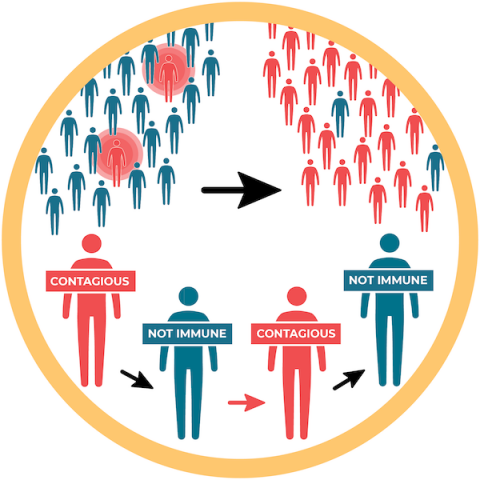
WHEN NO ONE IS VACCINATED
Virus can pass freely from contagious people to people who are not immune to it.
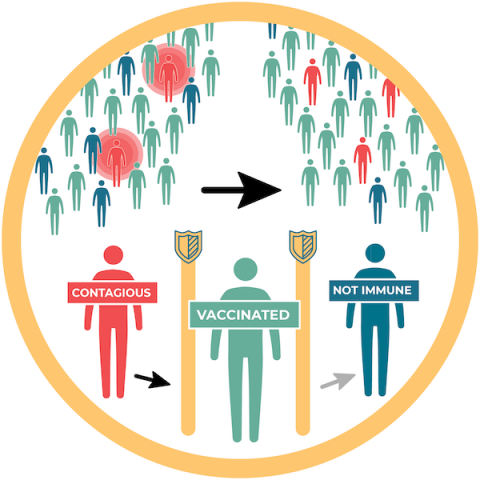
WHEN MANY PEOPLE ARE VACCINATED
Virus cannot freely pass between people because enough people are immune (eg vaccinated) so they act as a barrier to protect people who are not immune.
Did you know?
The more people are vaccinated, the safer we all become.
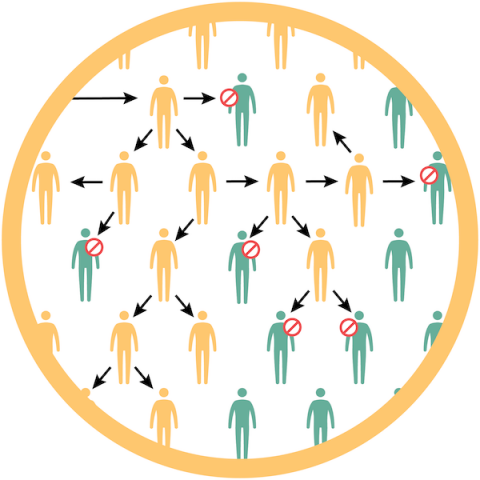
WHEN ONLY 40 OUT OF 100 PEOPLE ARE VACCINATED…
Although some people are protected, many are not, and it is still easy for the virus to spread in the community.
Green shows vaccinated people. Yellow shows people who are not vaccinated.
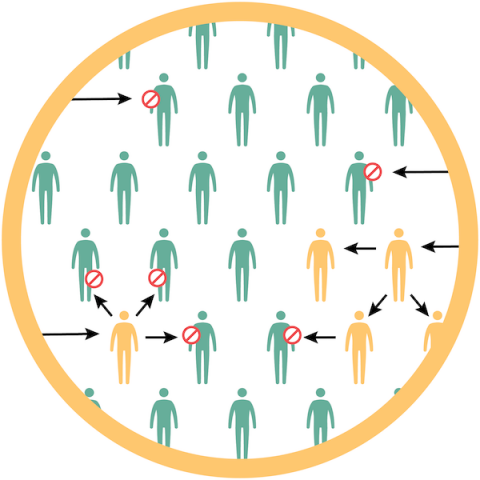
WHEN 80 OUT OF 100 PEOPLE ARE VACCINATED…
If many people are protected, it is much harder for the virus to spread in the community.
However, people who are not protected by the vaccine are often together. For example, due to overcrowded homes; or families that may share similar beliefs about vaccination; or children who are too young to be vaccinated and spend time together at daycare or elementary school. COVID-19 can still easily spread in these small groups.
Explore more
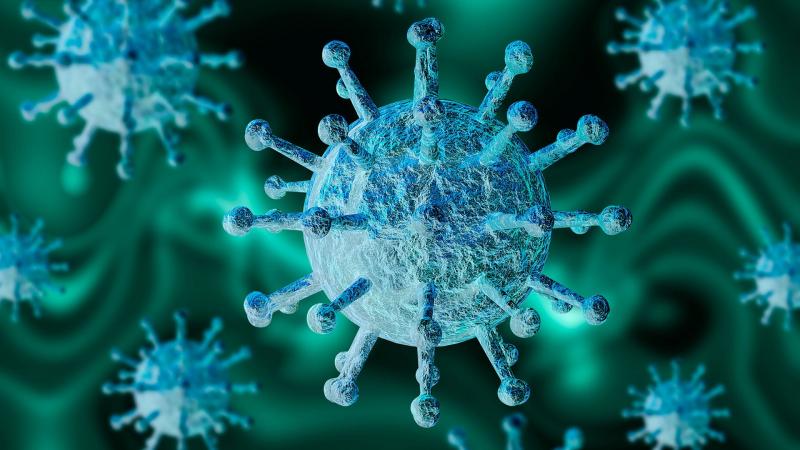
The COVID-19 virus is still circulating. Follow precautions to keep the circle of protection strong around our communities.

Get answers to questions you may have about the vaccine.
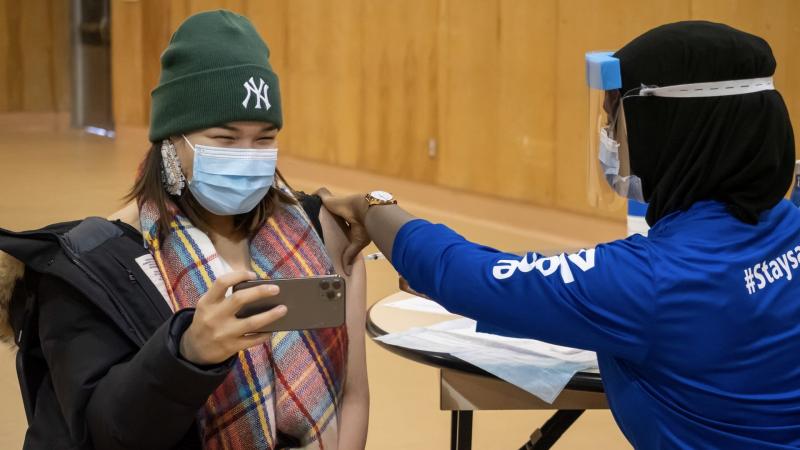
COVID-19 vaccine information for parents, guardians and youth aged 12 to 17.


